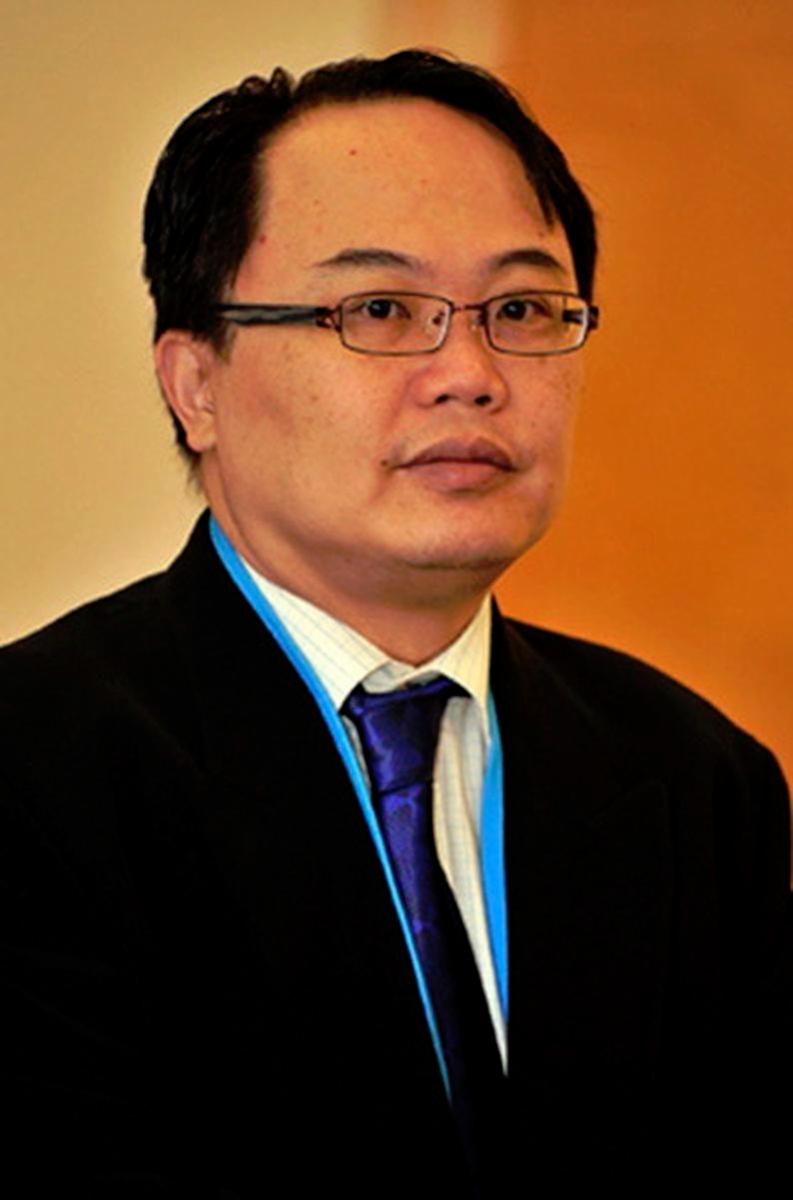PETALING JAYA: Although Sabah and Sarawak have gained increased representation in the federal government, analysts say ongoing discussions over administrative powers and jurisdictional responsibilities remain relevant, particularly in sectors such as oil and gas, education and healthcare.
University of Tasmania professor Dr James Chin noted that the inclusion of leaders from East Malaysia in senior federal roles marks a significant development in terms of political presence.
“For the first time in Malaysian history, we have a deputy prime minister from Sarawak,” he said, referring to Deputy Prime Minister II Datuk Seri Fadillah Yusof.
He added that four Sarawakian MPs currently hold full ministerial positions – Datuk Seri Nancy Shukri (Women, Family and Community Development), Datuk Seri Alexander Nanta Linggi (Works), Datuk Seri Tiong King Sing (Tourism) and Datuk Aaron Ago Dagang (National Unity).
In total, seven out of 28 full ministers are from East Malaysia, making up 25% of the Cabinet.
Chin also pointed out that at the deputy minister level, representation is slightly higher, with six deputy ministers from Sarawak and seven from Sabah.
However, he said despite this level of representation, there are continued calls from both states for greater decision-making authority in certain policy areas.
“In Sarawak, for example, there have been long-standing proposals for more local control over education and health services. These remain under federal jurisdiction,” he said.
He explained that such arrangements reflect the broader framework of federal governance, where the central government maintains oversight over certain portfolios.
“Changes in governance structure typically require time and coordination among various agencies.”
Chin also noted that political structures differ between the two states. In Sabah, the presence of multiple parties within the governing coalition can affect policy cohesion.
“There is currently no single party with enough seats to govern Sabah independently. This can influence the state’s ability to negotiate or present unified proposals at the federal level,” he said.
In Sarawak, the situation is more consolidated.
Of the 82 seats in the state legislative assembly, 80 are held by Gabungan Parti Sarawak (GPS), comprising Parti Pesaka Bumiputera Bersatu, Sarawak United Peoples’ Party, Sarawak Peoples’ Party and Progressive Democratic Party.
The coalition left Barisan Nasional in 2018 and has since governed Sarawak on its own.
Chin said this stability has contributed to more consistent policy positions and engagement with the federal government.
He also remarked on public perceptions in Sabah, where federal-state relations are sometimes viewed through the lens of political alignment.
Nusantara Academy of Strategic Research senior fellow prof Dr Azmi Hassan offered similar observations. He said that political representation from East Malaysia has improved, though there are distinctions between the two states.
“Sabah is still developing a stronger coalition identity, while Sarawak’s GPS is more established and cohesive,” he said.
Azmi added that East Malaysian parties will likely continue to play a significant role in federal politics, particularly in light of ongoing political fragmentation in Peninsular Malaysia, as seen during the last general election.
He also expects the Malaysia Agreement 1963 (MA63) to remain a point of interest in upcoming state elections, especially in Sabah, where it holds historical and emotional significance.
“While national issues remain important, MA63-related matters continue to be a key focus for many voters in East Malaysia,” he said.
In a related update, Deputy Prime Minister II Datuk Seri Fadillah Yusof said on Monday that the federal government is expected to make a decision on matters related to MA63 on Sept 12.
This will follow further discussions in a technical committee involving both Sabah and Sarawak.









